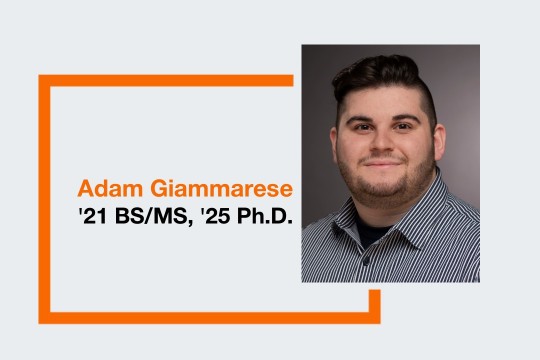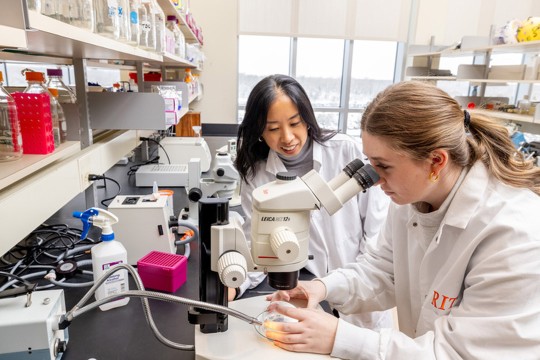RIT professor joins ‘Cyberheart’ team
RIT professor Elizabeth Cherry develops virtual heart models for cyber-physical systems
Elizabeth Cherry
This is not your grandfather’s pacemaker.
The National Science Foundation is supporting the early development of medical and cyber-physical systems that fuse software and hardware and go beyond today’s embedded medical devices. Rochester Institute of Technology professor Elizabeth Cherry is on the multidisciplinary NSF team, spanning seven universities and centers, developing the “Cyberheart” platform for virtual, patient-specific human heart models and associated device therapies.
Cyberheart represents a starting point for developing and testing cardiac medical devices. Cherry’s role on the five-year NSF project will focus on the foundations of modeling, synthesizing and developing medical device software and systems from closed-loop models of the device and organ. The NSF is supporting Cherry’s research with a $615,969 grant.
“Our research spans both implantable medical devices, such as cardiac pacemakers, and physiological control systems, such as drug infusion pumps, which have multiple networked medical systems,” said Cherry, associate professor in RIT’s School of Mathematical Sciences. “These devices are physically connected to the body and exert direct control over the physiology and safety of the patient.”
The group will build virtual models of medical devices coupled with virtual heart models for analysis and simulation. In the future, these analytical techniques will detect potential flaws during the design phase and optimize settings on a patient-by-patient basis before implanted. Cyberheart research will build safe and effective software for future medical devices, Cherry said.
In addition to RIT, the project includes Carnegie Mellon University, University of Maryland, Georgia Tech, University of Pennsylvania, the Fraunhofer Center for Experimental Software Engineering, and Stony Brook University.













